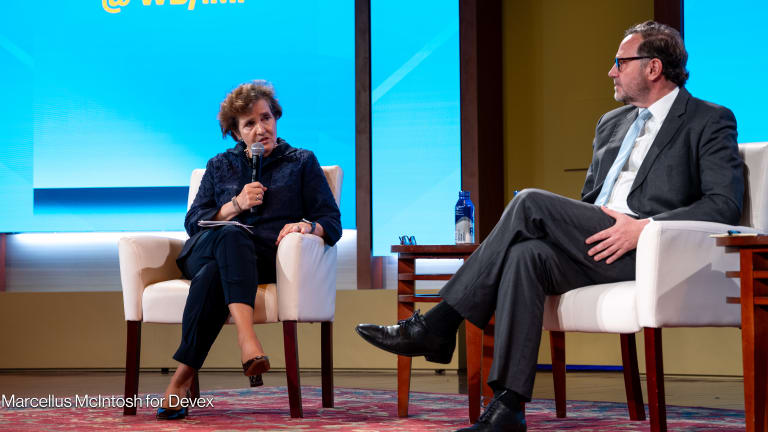
The Center for Global Development’s Sarah Jane Staats came up with reasons why U.S. Senator Jim Webb’s call to stop awarding Millennium Challenge Corp. contracts to non-U.S. firms in Africa is “misguided.”
Restricting foreign aid contracts to U.S. bidders - or so-called “tied aid” - may win political backing at home but is more costly and less effective, according to CGDev’s director of policy outreach. Such a move curtails competition, she added.
“It reduces recipient governments’ freedom to shop for the best deals and, according to one economic study, reduces aid’s value by 15 to 30 percent. The MCC puts good-performing countries in charge of their development because it yields better results; tied aid takes those countries back out of the driver’s seat,” Staats writes in an article published by The Huffington Post.
Requiring MCC to tap only U.S. firms “in regions where they could be more expensive, less effective, or may not exist,” does not give the best value for aid financing and may cost “American taxpayers more money,” she explained.
Finally, the MCC was designed to promote economic growth and alleviate poverty in developing nations instead of supporting U.S. companies that invest abroad, Staats said.
“As CGD president Nancy Birdsall and senior fellow Todd Moss said, tying development assistance to U.S. companies is ‘one of the worst habits that undermines the ability of foreign aid to deliver development results.’ Let’s hope that even in tough economic times and as we enter silly-season in Washington with mid-term elections, we can remember how to do good development,” she concluded.








